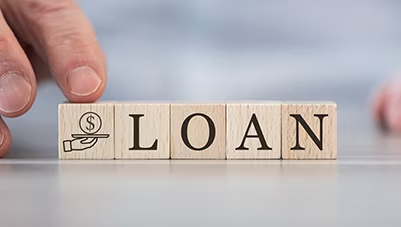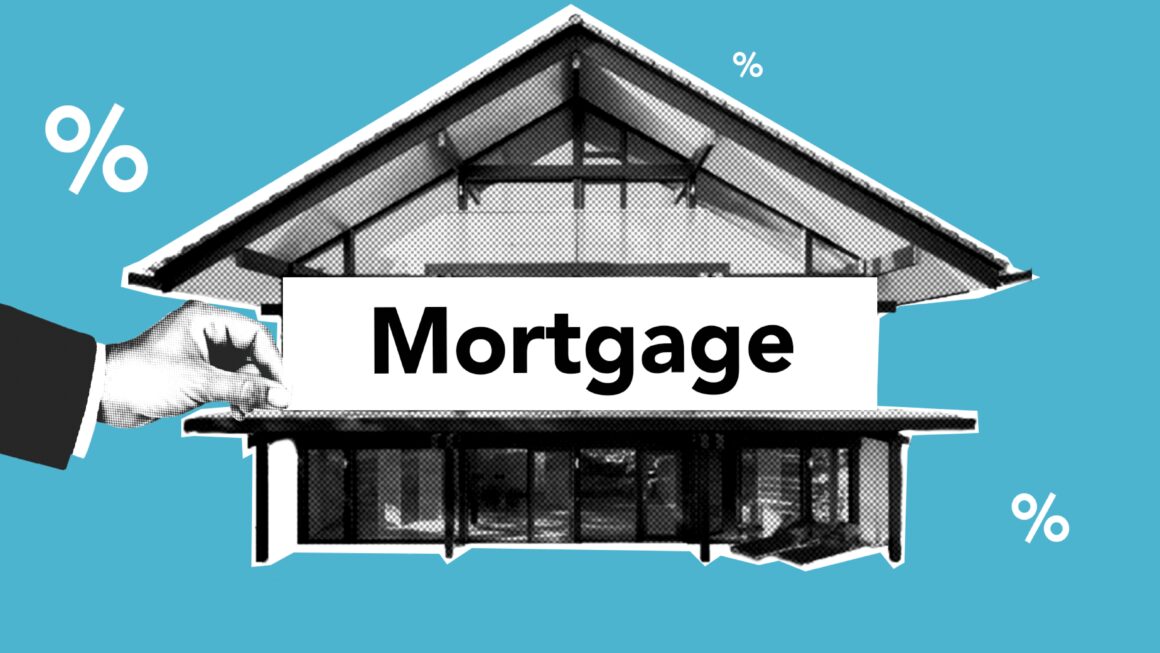In moments of urgent financial need, many Americans turn to payday loans to solve immediate cash flow problems. These loans promise fast access to money with minimal hassle — no credit checks, quick approval, and the ability to borrow small amounts. For individuals living paycheck to paycheck, a payday loan can seem like a lifesaver.
But beneath the surface lies a costly financial trap. Payday loans often come with sky-high interest rates and fees that can turn a small loan into a crushing debt. Many borrowers end up worse off, caught in cycles of debt that can damage credit, stress mental health, and limit future borrowing options.
This article explores exactly how much a payday loan will cost you — not just in dollars but also in financial health and well-being. We break down fees, hidden costs, risks, and legal nuances to empower you with knowledge. By understanding the full picture, you can avoid pitfalls and choose safer alternatives.
Key Takeaways
- Payday loans are short-term, small loans with extremely high interest rates (300-600% APR).
- Fees and rollovers can cause debt to balloon quickly.
- Borrowers face significant financial, psychological, and social risks.
- Regulations vary by state; some states ban payday loans.
- Alternatives exist — personal loans, credit cards, family borrowing, assistance programs.
- Always read loan terms carefully and avoid rollovers.
- Financial education and planning are crucial to avoid payday loan traps.
The Anatomy of a Payday Loan
What Exactly is a Payday Loan?

A payday loan is a short-term, small-dollar loan designed to cover urgent expenses until your next paycheck arrives. Typically, payday lenders offer between $100 and $1,000, with repayment due in two to four weeks. You usually provide a post-dated check or authorize an electronic debit for the loan amount plus fees.
How Do Payday Loans Work?
- Borrower applies: Typically no credit check, just proof of income and a checking account.
- Loan approval: Often within minutes.
- Loan issued: Cash, check, or electronic deposit.
- Repayment due: On borrower’s next payday, via post-dated check or automatic withdrawal.
- If borrower can’t repay: They can roll over the loan (renew), paying additional fees, or default.
Who Uses Payday Loans?
- Individuals with poor or no credit.
- People with emergency expenses and no savings.
- Those unable to access traditional credit products.
- Often low-income or underbanked populations.
The True Cost of Payday Loans – Fees and Interest Rates Explored
Interest Rates That Shock
Payday loans carry APRs typically between 300% and 600%, sometimes even higher. To put that into perspective:
| Loan Type | Typical APR |
|---|---|
| Mortgage | 3-5% |
| Credit card | 15-25% |
| Personal loan | 6-36% |
| Payday loan | 300-600% (or more) |
How Are These Rates Calculated?
APR annualizes the interest rate over a year. Payday loans charge a flat fee per loan term, but when converted to an annual rate, they become exorbitantly expensive.
Calculation example:
- Loan: $300
- Fee: $45 for 14 days
- 14 days is approx 1/26th of a year
- APR = ($45 / $300) × 26 × 100 = 390%
Additional Fees You May Not See Upfront
- Origination fees: Added at loan start.
- Late fees: For missed or delayed payments.
- NSF (Non-Sufficient Funds) fees: If your repayment check bounces.
- Verification fees: To confirm your checking account.
- Collection fees: If loan goes to a collection agency.
The Hidden Cost of Renewals and Rollovers
Many borrowers cannot repay on time and “roll over” their loan, paying additional fees but not reducing principal.
Example:
| Loan Principal | $300 |
|---|---|
| Initial fee | $45 |
| First rollover fee | $45 |
| Second rollover fee | $45 |
| Total fees after 2 rollovers | $135 |
| Total owed | $435 |
The Psychological and Social Costs

Financial Stress and Mental Health Impact
Debt from payday loans causes significant stress, anxiety, and depression. Borrowers feel trapped, hopeless, and overwhelmed by their financial situation.
- Studies show payday loan users report higher levels of mental health problems.
- Stress can lead to health problems and affect family stability.
Social Stigma and Impact on Relationships
Borrowers may hide payday loan use from family and friends due to shame, leading to isolation.
Case Studies and Real Borrower Stories
Case Study 1: Mark’s Story — The Debt Cycle Trap
Mark borrowed $500 to cover a car repair. The payday loan fee was $75 due in 14 days. Unable to pay, Mark rolled the loan over three times, paying $225 in fees and still owing $500 principal. His debt almost doubled in just six weeks.
Case Study 2: Lisa’s Experience — From Emergency to Long-Term Debt
Lisa used payday loans twice for medical bills. Each time, the loan fees added up quickly, and she found herself borrowing more just to pay the previous loan’s fees. Eventually, she turned to a credit counseling agency to get back on track.
Regulatory Landscape and State Laws
Payday Loan Regulations Vary Widely by State
- Some states ban payday loans outright (e.g., New York, New Jersey).
- Others impose strict caps on fees and loan amounts.
- A few states have lax regulations, allowing very high fees.
Federal Regulations
- The Consumer Financial Protection Bureau (CFPB) regulates payday lending to prevent predatory practices.
- Some protections require clear disclosure of fees and prohibit unfair collections.
Comparing Payday Loans to Other Credit Options
| Loan Type | Average APR | Typical Loan Size | Term Length | Ease of Access | Risk of Debt Cycle |
|---|---|---|---|---|---|
| Payday Loan | 300-600% | $100-$1,000 | 2-4 weeks | Very easy | Very high |
| Personal Loan | 6-36% | $1,000-$50,000 | 1-5 years | Requires credit check | Low |
| Credit Card Cash Advance | 25-30% | Varies | Until paid off | Easy (if you have card) | Moderate |
| Bank Overdraft | 12-36% | Varies | Until deposit | Usually linked to bank | Moderate |
| Borrowing from Family | 0% | Varies | Flexible | Depends on relationship | Low |
How to Avoid Payday Loan Pitfalls and Safer Borrowing Tips
1. Build an Emergency Fund
Having savings reduces the need for payday loans.
2. Create a Budget
Track spending and plan for expenses to avoid cash shortfalls.
3. Use Credit Wisely
Consider low-interest credit cards or small personal loans.
4. Explore Local Assistance Programs
Charities and nonprofits may help with rent, utilities, or food.
5. Negotiate with Creditors
Request payment plans or extensions on bills instead of payday loans.
6. Understand Loan Terms
Always read the full loan agreement, including fees and penalties.
Also Read:- What Do You Need To Qualify For A Home Loan Refinance?
Conclusion
Payday loans can provide immediate relief but at a steep cost — often hundreds of percent in interest and fees. The risk of becoming trapped in a cycle of debt with growing fees is high, threatening your financial stability and well-being.
Educate yourself on the true cost before borrowing. Explore safer, more affordable credit options and use payday loans only as a last resort with a clear repayment plan.
Remember, the best way to reduce reliance on payday loans is by building financial resilience through budgeting, saving, and credit management.
FAQs
1. Are payday loans the only option for emergency cash?
No. Alternatives include personal loans, credit card advances, borrowing from friends or family, or community assistance.
2. Can I negotiate payday loan fees?
Some lenders may offer reduced fees or extensions if you communicate early, but many do not.
3. How does a payday loan affect my bank account?
Many lenders withdraw payment electronically. If funds are insufficient, you may face NSF fees and more debt.
4. What legal protections do I have as a payday loan borrower?
Protections vary by state. The CFPB enforces federal laws against unfair practices, but it’s important to know your local laws.
5. Can payday loans be reported to credit bureaus?
Most payday lenders don’t report loans unless sent to collections, so payday loans usually don’t help build credit.
6. What happens if I default on a payday loan?
You risk collection calls, legal action, wage garnishment, and further fees.
7. Is it possible to refinance or consolidate payday loans?
Rarely, but some credit counseling agencies may help consolidate debt or negotiate with lenders.



